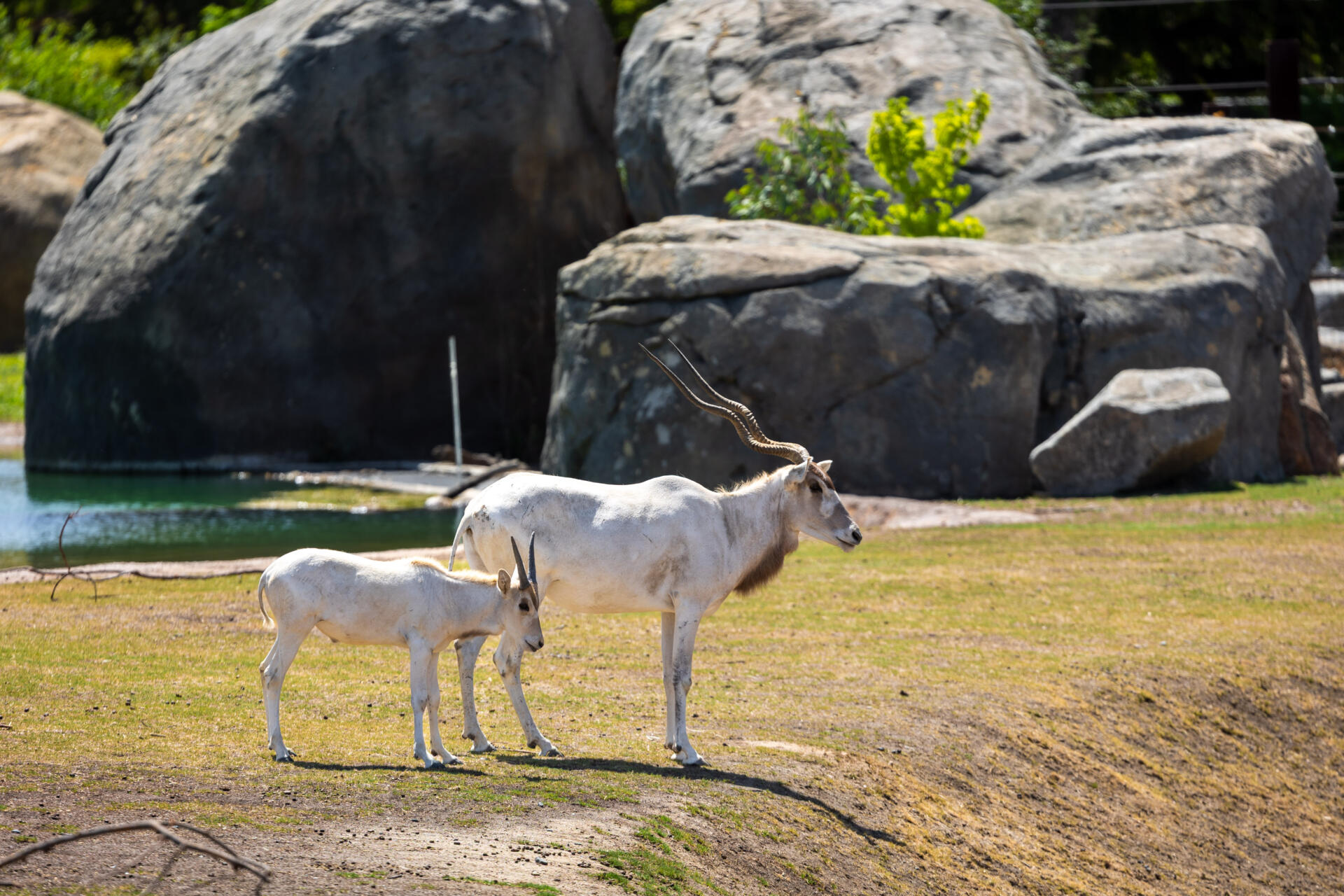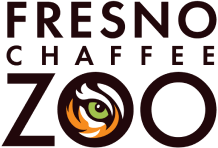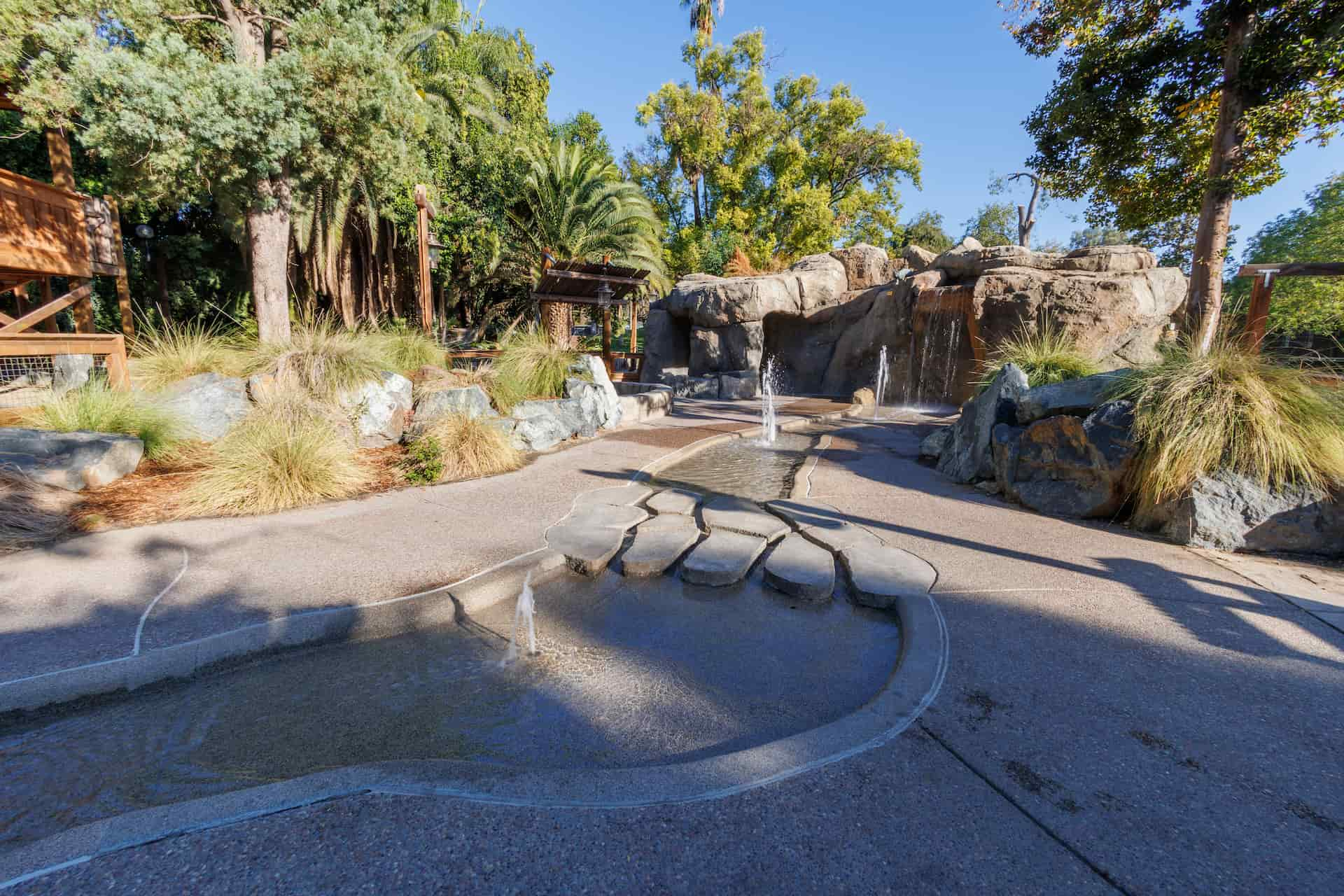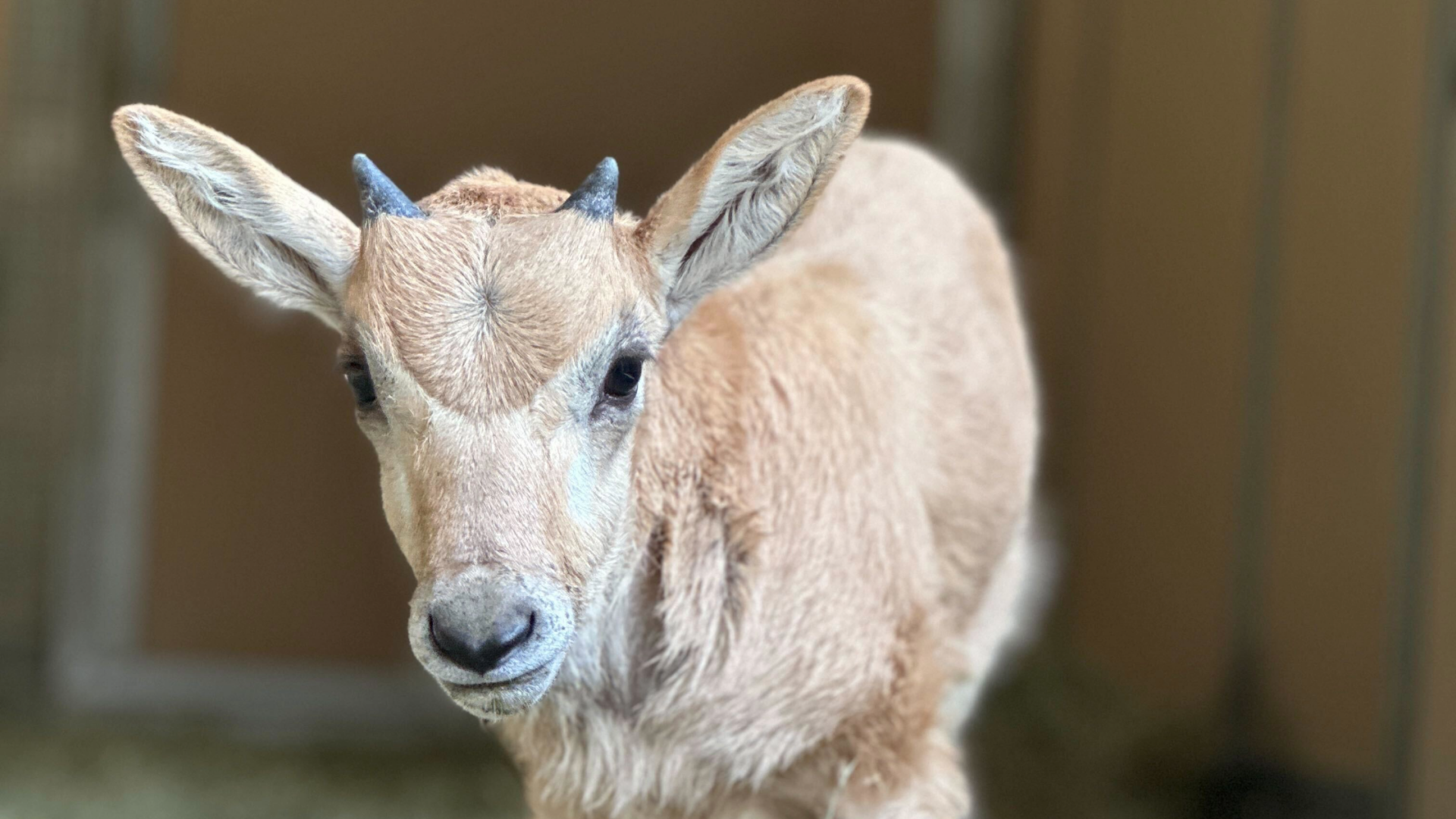
The Fresno Chaffee Zoo is accredited by the Association of Zoos and Aquariums (AZA). One of many AZA programs is the Species Survival Plan (SSP). Part of the role of an SSP is to recommend which animals at zoological facilities should breed with each other. Several years ago, the FCZ had addax as part of our animal population, and we decided to commit to this species once again as part of our Africa Adventure habitat. As part of the SSP recommendations, we received 3 female addaxes and the Twiga team took over their care. We were informed prior to their arrival that one of the females may be pregnant, but it had not been confirmed. We monitored the animals to look for signs of pregnancy development, but the usual signs were not apparent. On February 27, a female named “Amina” gave birth to a male calf.
Ideally, moms will always raise their babies, but at times, not all females instantly take to motherhood. This happens more with first-time moms, and
this was Amina’s first baby. The first few hours after birth are the most critical, the baby needs to nurse and receive colostrum from mom. Colostrum is the nutrient-rich first milk that is essential for the calf’s immune system. As the hours moved on, it was clear that the calf was not
nursing from Amina, and he needed assistance. The decision was made to separate her from the calf and give it the care that it needed. We were able to assist-feed the baby to provide the energy and nutrients that are essential. We were also successful with a procedure where we gave blood
plasma extracted from Amina to the calf in order to give him antibodies and kickstart his immune system.
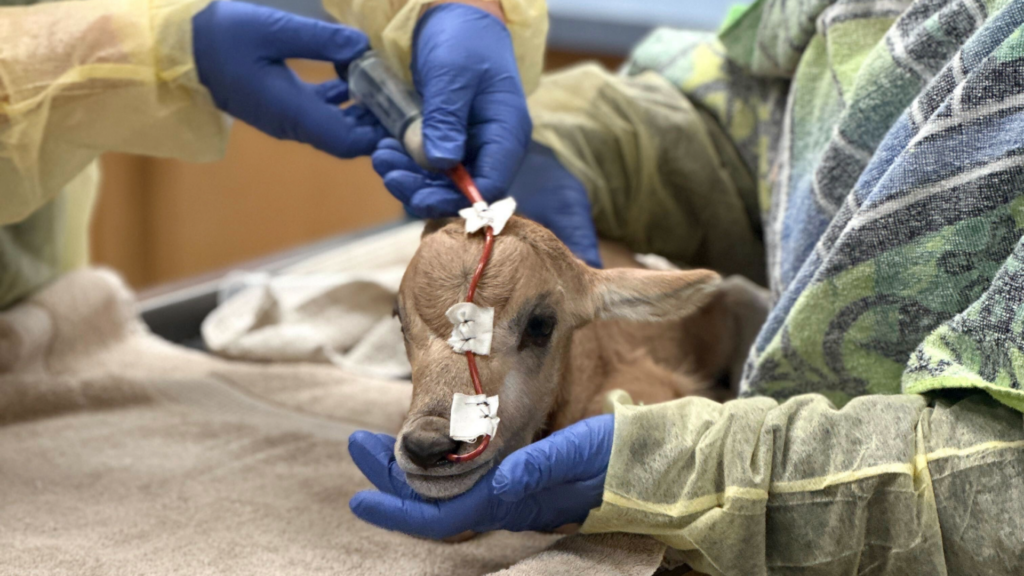
The calf was gaining energy, and tests indicated that he was developing his immune system. After 48 hours, we reunited him with Amina. She took to him right away and was a very attentive mother, but nursing naturally still eluded them. The Twiga team started a program to feed him several times a day with intensive monitoring of both Amina and her calf. We weighed him every day to make sure he was gaining weight and had frequent veterinary checkups to make sure he was remaining healthy. At times, the calf showed interest in trying to nurse from Amina but was not successful. It is expected that if a baby is not nursing regularly, the mother’s milk production will drastically reduce to the point of elimination. During his first month of life, we accepted the fact that Amina was not able to help meet the nutritional needs of the calf, and all nutrition would need to come from us. Turns out that we counted Amina out too soon. Near the end of the first month, we noticed that the calf was starting to have some successful nursing sessions. It was frequent enough that we concluded that he must be receiving something but had no idea of how much or the quality of her milk.
Eventually, during some of our feedings, the calf wasn’t very interested, and his belly felt full. Since he was gaining weight, yet not consuming his full volume of milk being offered, we knew he was getting some milk from Amina. However, he consumed enough milk from us that we knew that he still needed our help, it was now a joint venture between Amina and us. The Twiga team named the calf “Naji” which means survivor in Arabic. He’s currently starting to eat solid food, which means the amount of nutrition he needs from us decreases every week. He continues to gain weight and explore his world. We have started his introductions to other animals through a fence barrier and will work towards the final goal of Amina and Naji fully integrating into our savanna population. As with all things that happen at the Zoo, it is rarely just one team’s success. This success story was a result of a partnership between the animal care, hospital, and nutrition teams. Please lookout for these new additions in the African Adventure savannas.
